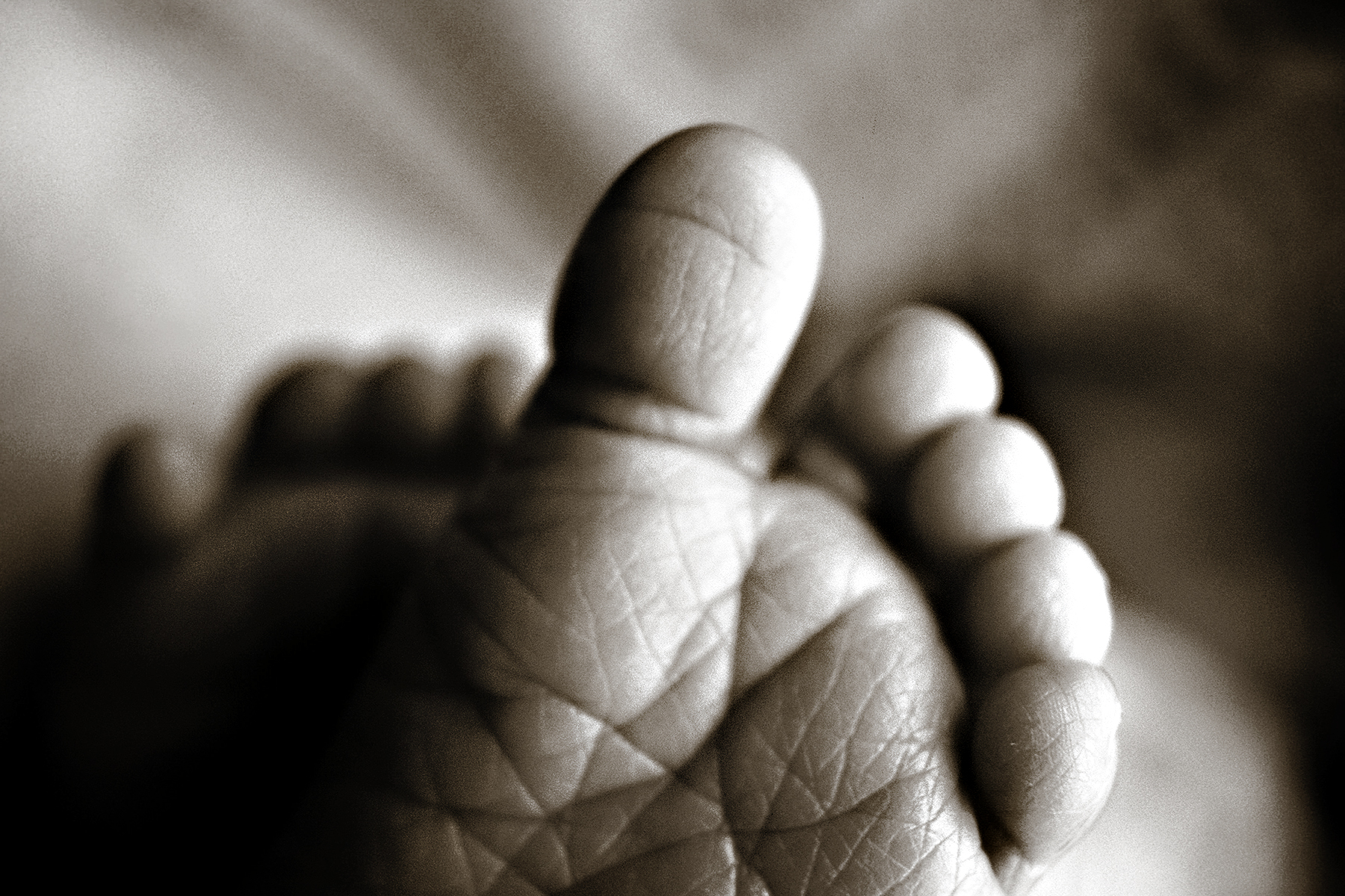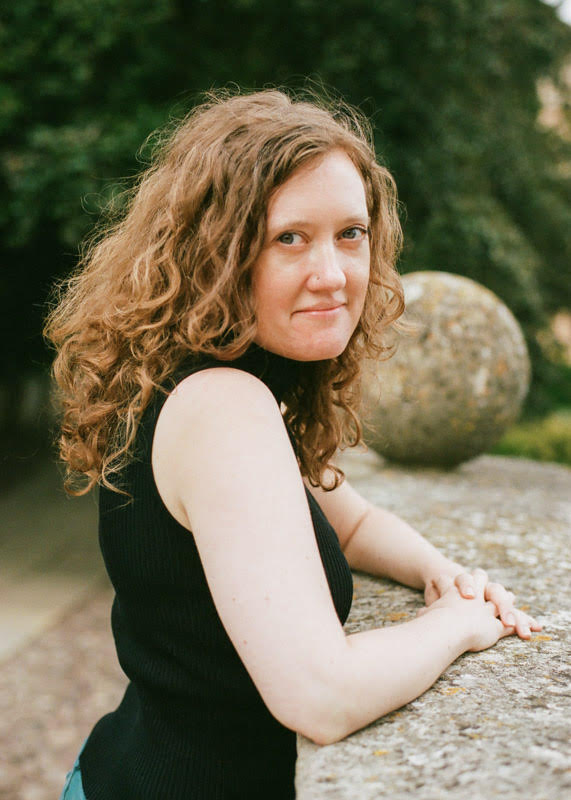The answer is in a story
and the story isn’t finished.
~ Padraig O Tuama, In the Shelter
I had an operation on my toe last October. A skillful surgeon excised a mole not meant to be there, and I was left with a deep, open wound. It turns out there isn’t enough spare skin on your toe to stretch across and sew the gap closed.
I was sent home with a lengthy list of instructions about how to care for the wound: keep it clean, keep it dry, check for bleeding, watch out for infection, change the dressings, rest it as much as you can. When a wound is deep, new skin must granulate from the bottom upwards, which is a fragile, complex process, susceptible to interruption, infection and even failure altogether.
I took good care of my toe, but after about a month I began to tire of it. I was irritated by taping plastic around my foot every time I wanted to shower. I got frustrated by how fiddly changing the dressing was. I was annoyed by all the spare pillows it took to elevate my leg each time I sat down. But the trouble was, the wound remained unhealed and still needed my tender care.
Of course, it’s not just toes that need healing, but souls, too. I’m not very patient with that process either. I don’t want to keep feeling the same pain, dealing with the same hurts, being caught out by the same grief. I’m tired of being the tearful woman who can never quite get it together in church. I don’t want to be known for my brokenness and struggle. I don’t want to be seen as fragile. I don’t want to be labelled ‘handle with care.’ But, as Richard Rohr writes, ‘if we do not transform our pain, we will most assuredly transmit it.’ As much as I don’t want to face the wounds in my own soul, I want even less to let those wounds damage others.
How then, do we care for our souls in a way that is conducive to their healing? How do we allow them the time and space to convalesce so they can recover? Perhaps the most restful of Psalms holds some wisdom for us.
The Lord is my Shepherd, I shall not want.
He makes me lie down in green pastures, he leads me beside still waters,
He restores my soul.[1]
The opening verses of Psalm 23 evoke a tranquil pastoral scene: the smell of fresh spring grass; the sound of birdsong in the distance of a hazy blue sky. The familiar cadence of the words mirrors the lull of water gently lapping against the riverbank.
This is the place the Good Shepherd invites us to come and rest a while. A place of safety and peace. A place we can lay down our wounded and weary souls for a moment and catch our breath. The Good Shepherd meets us here with empathy and kindness, ‘he knows our frame, he remembers that we are dust’ (Psalm 103:14). He understands the damage that comes from living in a broken world. He knows how it feels to be abandoned and alone, to be hurt and disappointed, to be angry and afraid.
So often we try to shame ourselves into healing, but the Good Shepherd has a better way. He invites us to rest from self-criticism and self-rejection. He invites us to claim again the truth of our belovedness. He invites us to treat our wounded selves as he does, with tenderness and compassion.
Even though I walk through the valley of the shadow of death, I will fear no evil for you are with me;
Your rod and your staff, they comfort me.
If anyone is qualified to walk us through the valley of the shadow of death, it is our Good Shepherd. I think about the wounds he suffered: the jagged holes in his hands and feet, the sting of rejection and betrayal, the deep gash in his side, the agony in his soul.
By the time Jesus met with Thomas, the one who doubted him, his wounds had become scars. He was healed in the space between death and resurrection, so it seems. Perhaps our healing lies there too.
These in-between spaces are often the hardest to inhabit. The kingdom that is come, and is also still to come. The time between a promise and its fulfilment. The journey between leaving one place and arriving at another.
But here in the middle of it all is Emmanuel, God with us. In the chaos and the uncertainty. In the routine and the mundane. In the famine and the feast. In the celebration and the grief. In the questions and the doubts. On the mountain top and in the valley. God with us.
Surely goodness and mercy will follow me all the days of my life and I will dwell in the house of the Lord forever.
The journey home is long and arduous, to be sure, and sometimes, especially when we stop to rest, it feels like we’re making no progress at all. But Teilhard de Chardin writes that ‘above all, we must trust in the slow work of God.’[2] We must learn to become comfortable with being in process, being unfinished, being on the journey. Restoring bodies and souls is unhurried, holy work that cannot be rushed. As they say in recovery programmes, the healing takes what it takes. And the Holy Spirit is dynamic, working, brooding, moving, even when we can’t see or feel Him. He delights in us, shows us mercy, showers us with grace, provides what we need, chases after us with goodness, mercy and love. He cares for our wounds with patience and gentleness and invites us into sweet moments of rest so we can heal from the bottom up and find wholeness without fear or shame.
Tenderness, all the way down to your toes.
[1] All Bible references are from the ESV.
[2] Quoted in Harter, M. (Ed.) Hearts on Fire: Praying with the Jesuits
The featured image is by Amy Baugess on Unsplash and we offer our thanks to Amy for her generosity and keen eye!
Abby King is a teacher, writer, avid reader and tea-drinker. In the classroom, she loves helping shape little minds, and is passionate about introducing children to great books. When she’s not teaching, Abby spends her time shaping words on the page, writing towards hope in the midst of hard things. Although she finds nature beautiful and inspiring, Abby is most definitely a city girl and makes her home in Birmingham, England. Creative and curious, Abby is a life-long learner who holds degrees in English and Theology, alongside gaining her teaching qualification from the University of Cambridge. In her spare moments, Abby plays flute, piano and cello and spends time with her nephews and nieces, whom she adores.
Leave a Reply
A Field Guide to Cultivating ~ Essentials to Cultivating a Whole Life, Rooted in Christ, and Flourishing in Fellowship
Enjoy our gift to you as our Welcome to Cultivating! Discover the purpose of The Cultivating Project, and how you might find a "What, you too?" experience here with this fellowship of makers!


Abby,
This speaks right to me. I am always wrestling with God over His seeming-slowness. And still, He remains ever-faithful.
Thank you for this.
Thanks so much, Kris! I am always wrestling with the same thing!
Gosh, I really needed to read this today ( sorry this is all in capitals, I can’t quite see why) Thank you. I really needed to read all of it, but especially So often we try to shame ourselves into healing, ‘but the Good Shepherd has a better way. He invites us to rest from self-criticism and self-rejection. He invites us to claim again the truth of our belovedness. He invites us to treat our wounded selves as he does, with tenderness and compassion.’ I have been ill on and off since the New year, and having thought I was better felt very disappointed and ashamed to be ill again today. This really helps. Thank you.
I’m so glad this was helpful for you Anne. Sending love and peace for your healing journey.